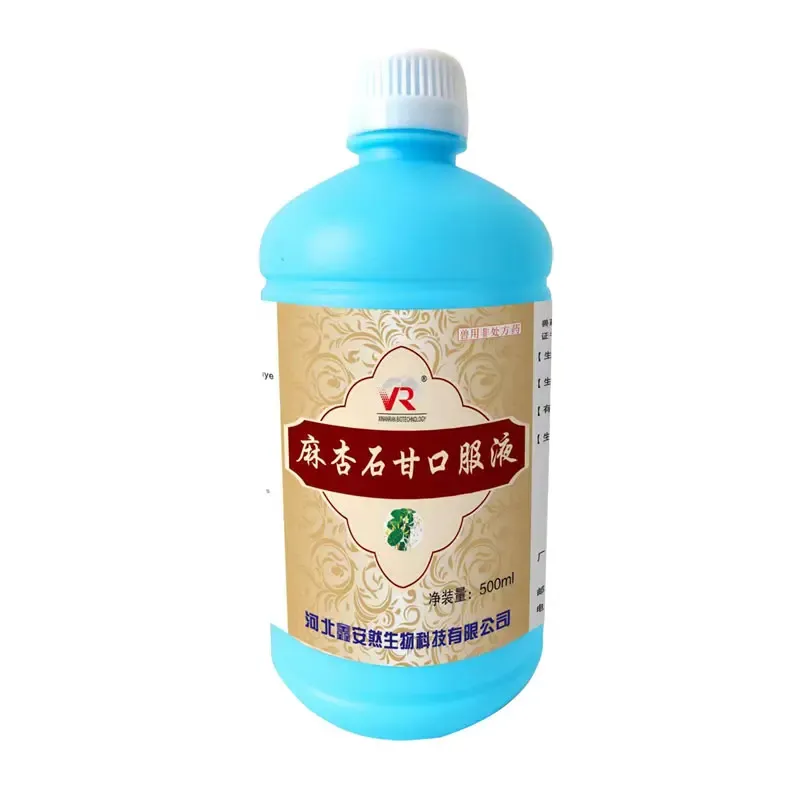- Afrikaans
- Albanian
- Amharic
- Arabic
- Armenian
- Azerbaijani
- Basque
- Belarusian
- Bengali
- Bosnian
- Bulgarian
- Catalan
- Cebuano
- Corsican
- Croatian
- Czech
- Danish
- Dutch
- English
- Esperanto
- Estonian
- Finnish
- French
- Frisian
- Galician
- Georgian
- German
- Greek
- Gujarati
- Haitian Creole
- hausa
- hawaiian
- Hebrew
- Hindi
- Miao
- Hungarian
- Icelandic
- igbo
- Indonesian
- irish
- Italian
- Japanese
- Javanese
- Kannada
- kazakh
- Khmer
- Rwandese
- Korean
- Kurdish
- Kyrgyz
- Lao
- Latin
- Latvian
- Lithuanian
- Luxembourgish
- Macedonian
- Malgashi
- Malay
- Malayalam
- Maltese
- Maori
- Marathi
- Mongolian
- Myanmar
- Nepali
- Norwegian
- Norwegian
- Occitan
- Pashto
- Persian
- Polish
- Portuguese
- Punjabi
- Romanian
- Russian
- Samoan
- Scottish Gaelic
- Serbian
- Sesotho
- Shona
- Sindhi
- Sinhala
- Slovak
- Slovenian
- Somali
- Spanish
- Sundanese
- Swahili
- Swedish
- Tagalog
- Tajik
- Tamil
- Tatar
- Telugu
- Thai
- Turkish
- Turkmen
- Ukrainian
- Urdu
- Uighur
- Uzbek
- Vietnamese
- Welsh
- Bantu
- Yiddish
- Yoruba
- Zulu
8 月 . 10, 2024 18:05 Back to list
Guidelines for Doxycycline Hyclate Dosage in Canines to Ensure Safe and Effective Treatment
Doxycycline Hyclate for Dogs A Comprehensive Dosage Guide
Doxycycline hyclate is a well-known antibiotic that is commonly prescribed for dogs to treat various bacterial infections, including respiratory tract infections, Lyme disease, and certain types of skin and soft tissue infections. This medication belongs to the tetracycline class of antibiotics and works by inhibiting bacterial protein synthesis, which effectively stops the growth of bacteria. Given its efficacy, proper dosage is crucial to ensure the desired therapeutic outcome while minimizing potential side effects.
Understanding Doxycycline
Doxycycline is favored for its broad-spectrum action against both gram-positive and gram-negative bacteria. It is also effective against some protozoa, making it versatile in treating different infections. The medication is usually administered orally, and it is important to follow the veterinarian's recommendations regarding dosage to avoid complications.
Recommended Dosage
The dosage of doxycycline for dogs can vary widely based on the condition being treated, the dog’s weight, age, and overall health. Typically, the general dosage guidelines are as follows
1. General Infections For most infections, the standard dosage is approximately 5 to 10 mg per kilogram of the dog’s body weight, given once or twice daily. 2. Lyme Disease When treating Lyme disease, veterinarians might prescribe a higher dosage of around 10 mg per kilogram initially, followed by 5 mg per kilogram for maintenance. 3. Chronic Conditions In cases of chronic or persistent infections, a veterinarian may recommend a prolonged treatment regimen, which can last several weeks.
It is vital to note that these dosages can fluctuate, and the prescribing veterinarian will tailor them to the specific needs of the dog. Regular follow-ups are essential to assess the dog’s response to treatment and make any necessary dosage adjustments.
Administration Tips
doxycycline hyclate for dogs dosage chart

When administering doxycycline hyclate to dogs, consider the following tips to enhance effectiveness and minimize risks
- With Food Doxycycline can cause stomach upset in some dogs. It is often recommended to administer it with food to reduce gastrointestinal irritation. - Full Glass of Water Ensure that your dog drinks sufficient water after taking the medication to help prevent esophageal irritation. - Consistent Timing Administer the medication at the same time each day to maintain stable drug levels in the bloodstream.
Monitoring for Side Effects
While doxycycline is generally well-tolerated, potential side effects may occur. These can include
- Gastrointestinal Issues Symptoms such as diarrhea, vomiting, or loss of appetite are possible. - Photosensitivity Some dogs may experience heightened sensitivity to sunlight, leading to skin reactions. - Superinfection Long-term use can dispel beneficial bacteria, allowing opportunistic infections to develop.
If you notice any adverse effects or unusual behavior in your dog while on doxycycline, it is essential to contact your veterinarian immediately.
Conclusion
Doxycycline hyclate can be an effective treatment for various infections in dogs when used correctly. Adhering to the prescribed dosage and administration guidelines is crucial for achieving the best results and ensuring your pet’s safety. Always consult with a veterinarian before starting any new medication, and keep a close eye on your pet for any signs of side effects or complications. This diligent approach will help ensure that your canine companion receives the proper care and treatment for a swift recovery.
-
The Power of Radix Isatidis Extract for Your Health and Wellness
NewsOct.29,2024
-
Neomycin Sulfate Soluble Powder: A Versatile Solution for Pet Health
NewsOct.29,2024
-
Lincomycin Hydrochloride Soluble Powder – The Essential Solution
NewsOct.29,2024
-
Garamycin Gentamicin Sulfate for Effective Infection Control
NewsOct.29,2024
-
Doxycycline Hyclate Soluble Powder: Your Antibiotic Needs
NewsOct.29,2024
-
Tilmicosin Premix: The Ultimate Solution for Poultry Health
NewsOct.29,2024













